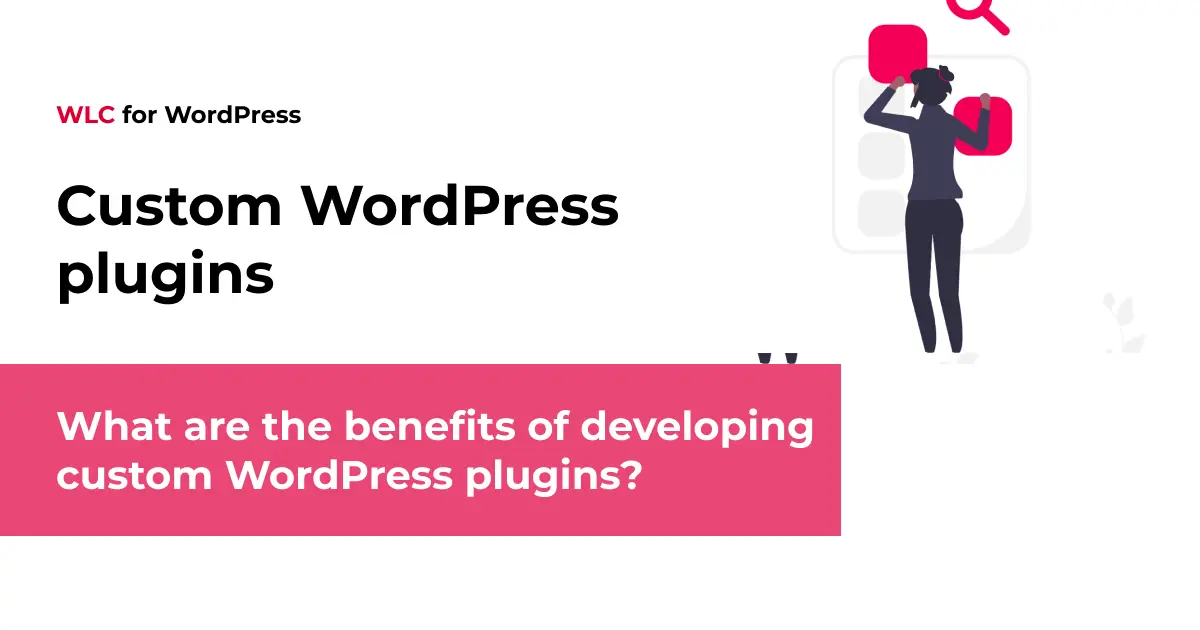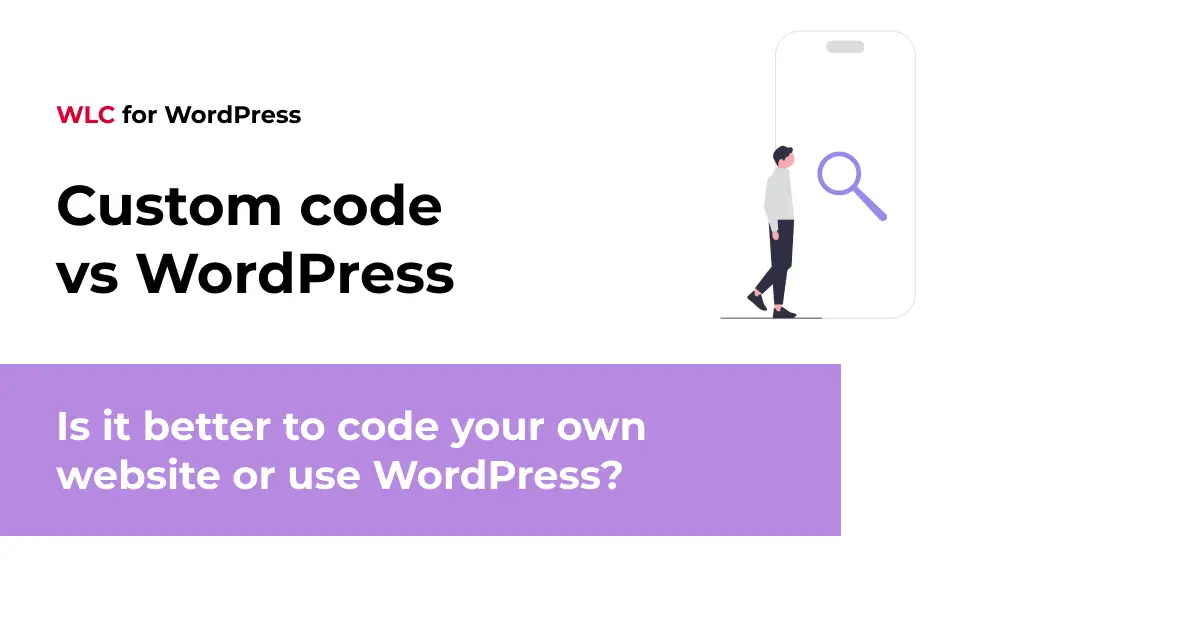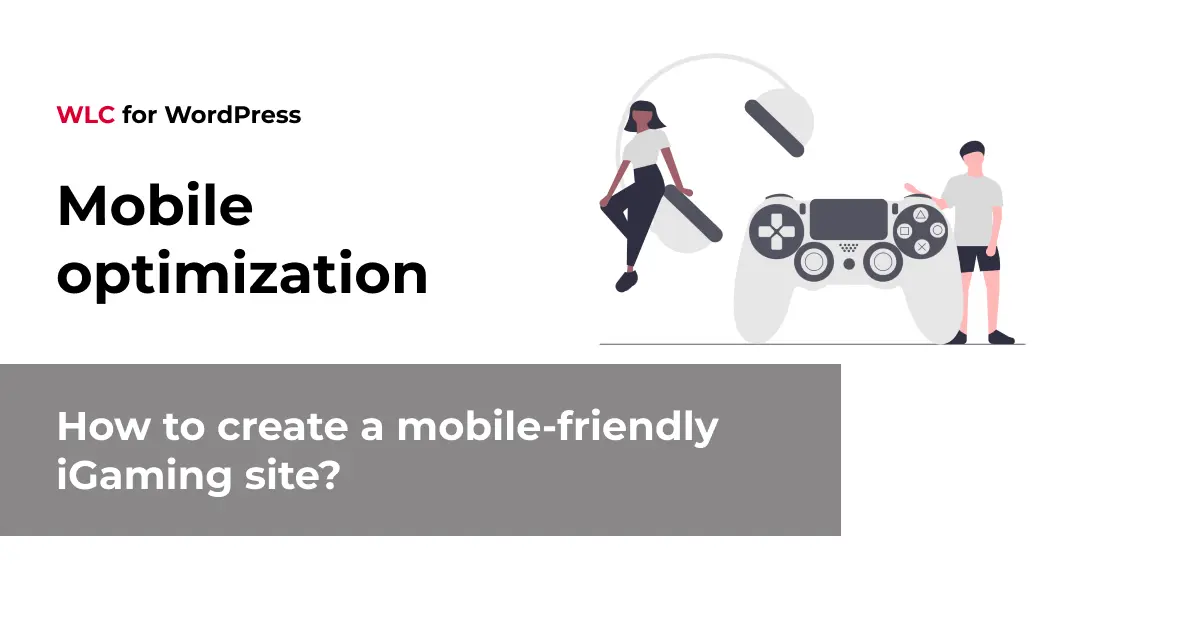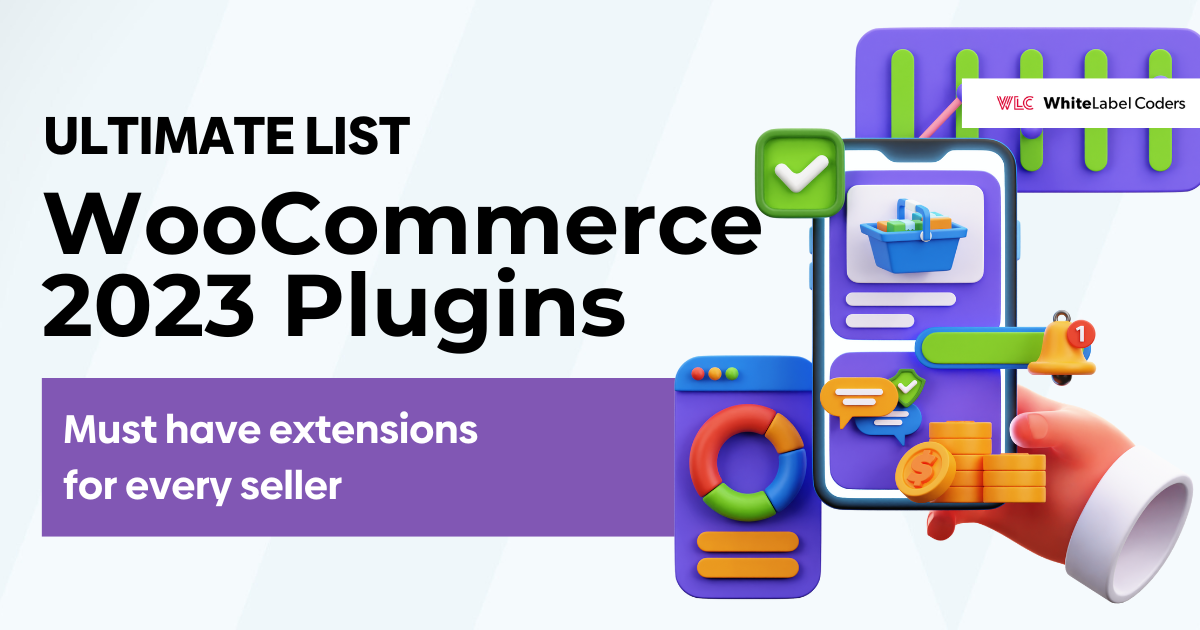Category: WordPress
What are custom WordPress plugins?

Custom WordPress plugins are specialised pieces of software that extend your website’s functionality beyond what’s available in standard themes or WordPress core features. These tailor-made solutions are built specifically for your business needs, offering unique capabilities that pre-built plugins simply cannot provide. They integrate seamlessly with WordPress architecture to deliver custom functionality that gives your website a competitive edge.
Understanding custom WordPress plugins and their role in modern web development
Custom WordPress plugins serve as the bridge between your unique business requirements and WordPress’s flexible platform. Unlike standard plugins you’ll find in the WordPress repository, these are purpose-built solutions designed exclusively for your specific needs.
Think of custom plugins as your website’s personal toolkit. They’re crafted to solve problems that generic solutions can’t address, whether that’s integrating with your existing business systems, creating unique user experiences, or implementing specialised functionality that sets your site apart from competitors.
In today’s competitive digital landscape, a custom WordPress website often requires functionality that goes beyond what’s readily available. Custom plugins fill this gap by extending WordPress’s core capabilities whilst maintaining the platform’s stability and security standards.
What is the difference between custom WordPress plugins and pre-built plugins?
The primary difference lies in specificity and control. Pre-built plugins are designed for broad appeal, offering general solutions that work for many websites. Custom plugins, however, are built exclusively for your requirements, giving you complete control over functionality, design, and future development.
Pre-built plugins often come with features you’ll never use, potentially slowing down your site. They’re also subject to the developer’s update schedule and may introduce changes that don’t align with your business needs. Custom plugins eliminate this uncertainty by putting you in the driver’s seat.
From a maintenance perspective, custom plugins offer greater stability. You’re not at the mercy of third-party developers who might abandon their plugin or introduce breaking changes. With WordPress custom development, you control when and how updates occur.
| Aspect | Custom Plugins | Pre-built Plugins |
|---|---|---|
| Functionality | Exactly what you need | Generic, one-size-fits-all |
| Control | Complete ownership | Limited customisation |
| Updates | On your schedule | Developer-dependent |
| Cost | Higher initial investment | Lower upfront cost |
| Support | Direct developer access | Community or paid support |
How do custom WordPress plugins work within the WordPress ecosystem?
Custom WordPress plugins integrate with the platform through WordPress’s robust hook and filter system. This architecture allows plugins to modify or extend core functionality without altering WordPress’s core files, ensuring your customisations remain intact through updates.
Hooks are specific points in WordPress’s execution where your custom code can “hook in” to add functionality. Actions let you execute custom code at specific times, whilst filters allow you to modify data before it’s displayed or saved. This system ensures your custom plugin works harmoniously with WordPress core and other plugins.
Database interactions in custom plugins follow WordPress’s built-in functions and security protocols. This means your plugin can store and retrieve data safely whilst maintaining compatibility with WordPress’s database structure. Your custom plugin essentially becomes a native part of your WordPress installation.
What are the main benefits of developing custom WordPress plugins for your business?
The most significant advantage is achieving unique functionality that directly addresses your business challenges. Custom plugins can integrate with your existing systems, automate workflows, and create user experiences that reflect your brand’s specific requirements.
From a competitive standpoint, custom plugins give you capabilities that your competitors simply can’t replicate. Whether it’s a unique booking system, specialised e-commerce functionality, or custom reporting tools, you’re creating digital assets that are exclusively yours.
Scalability becomes much more manageable with custom plugins. As your business grows, your plugins can evolve with you. There’s no need to switch platforms or compromise on functionality because your solution was built with your growth trajectory in mind.
Security is another crucial benefit. Custom plugins reduce your attack surface by eliminating unnecessary code that comes with generic solutions. You’re also not vulnerable to security issues that affect thousands of websites using the same popular plugin.
At White Label Coders, we specialise in developing custom WordPress plugins that integrate seamlessly with complex business systems, from CRM and ERP platforms to industry-specific APIs. If your custom WordPress website needs advanced functionality, our team can design and build plugins that deliver exactly what your business requires – scalable, secure, and fully tailored.
How do you determine if your website needs a custom WordPress plugin?
The decision typically comes down to whether existing solutions can meet your specific requirements. If you find yourself needing multiple plugins to achieve one goal, or if you’re constantly working around limitations in existing plugins, custom development might be your answer.
Consider your business processes carefully. Do you have unique workflows that need digital representation? Are you spending significant time on manual tasks that could be automated? These scenarios often indicate that a custom plugin could provide substantial value.
Budget considerations matter too, but think long-term. Whilst custom plugins require higher initial investment, they often prove more cost-effective over time. You’re not paying for multiple plugin licences, dealing with compatibility issues, or working around limitations that slow down your team.
Integration needs are another key factor. If your website needs to communicate with specific business systems, custom plugins often provide the most reliable and secure connection method.
What is the typical development process for creating custom WordPress plugins?
The development process begins with thorough requirements gathering and planning. This phase involves understanding your business needs, technical requirements, and how the plugin will integrate with your existing systems and workflows.
Design and architecture planning follows, where developers map out the plugin’s structure, database requirements, and integration points. This stage ensures the plugin will be scalable, maintainable, and compatible with your current setup.
Development occurs in stages, typically following agile methodologies. This allows for regular feedback and adjustments, ensuring the final product meets your expectations. Throughout development, security best practices and WordPress coding standards are maintained.
Testing is comprehensive, covering functionality, security, and compatibility. The plugin is tested across different environments and scenarios to ensure reliable performance. User acceptance testing allows you to verify the plugin meets your business requirements before deployment.
Key takeaways for implementing custom WordPress plugins in your development strategy
Custom WordPress plugins represent a strategic investment in your digital infrastructure. They’re not just about adding functionality, they’re about creating competitive advantages that align perfectly with your business objectives.
The key to success lies in proper planning and working with experienced developers who understand both WordPress architecture and your business needs. Don’t rush the requirements gathering phase, as this foundation determines the plugin’s long-term value.
Consider custom plugins as part of your broader digital strategy. They work best when integrated thoughtfully with your existing systems and processes. The goal isn’t just to add features, but to create seamless experiences that support your business growth.
Remember that custom plugin development is an ongoing relationship, not a one-time transaction. Choose development partners who can support your plugin’s evolution as your business needs change and grow.






